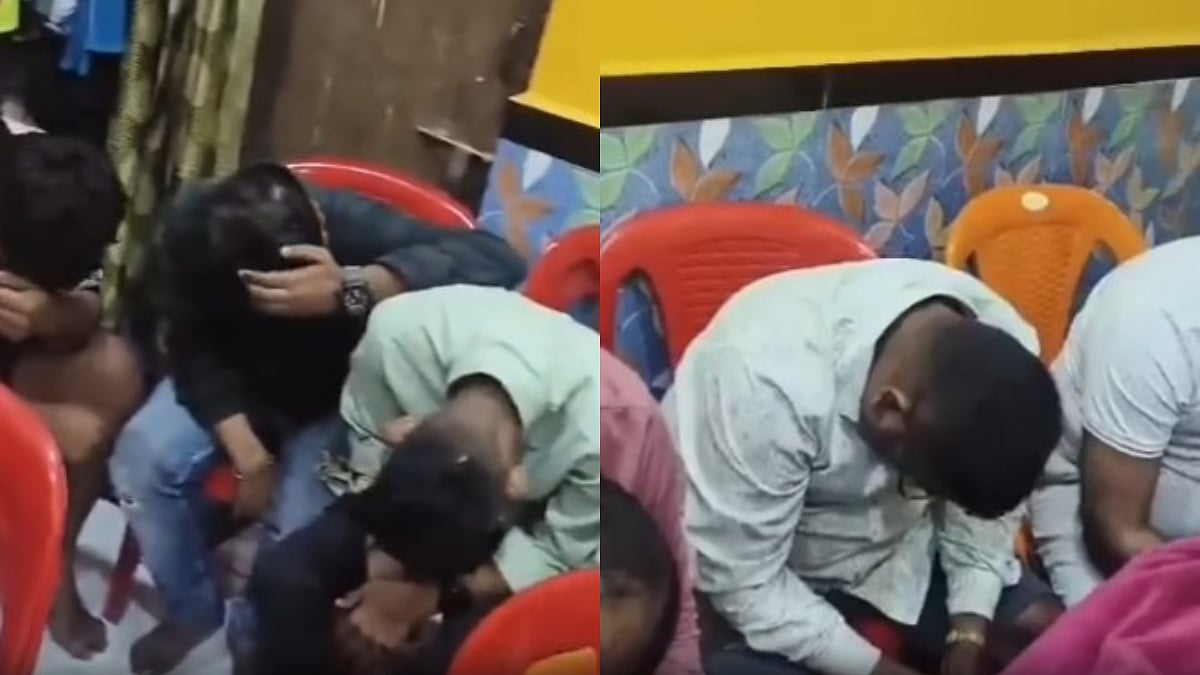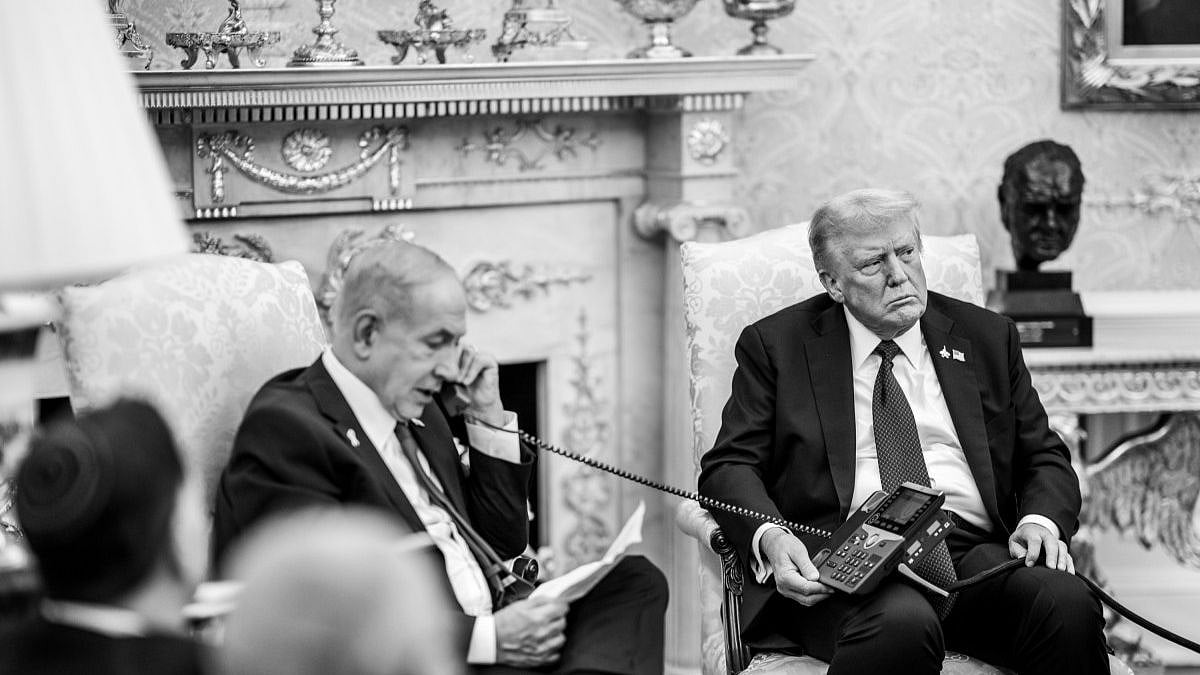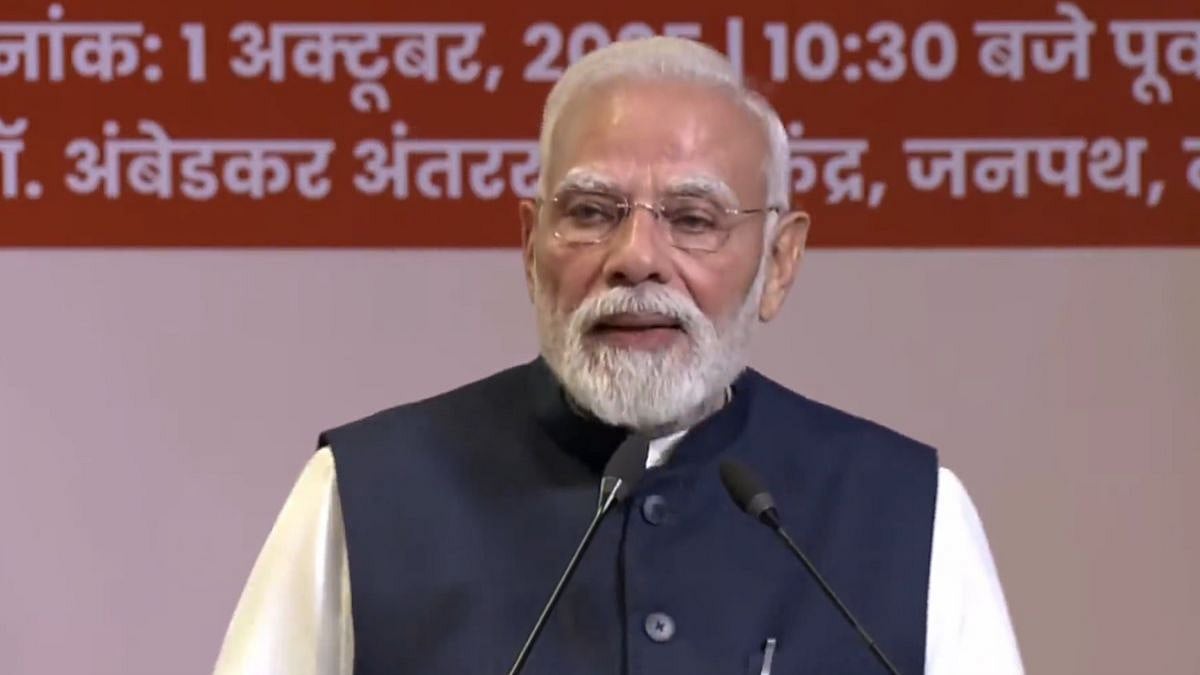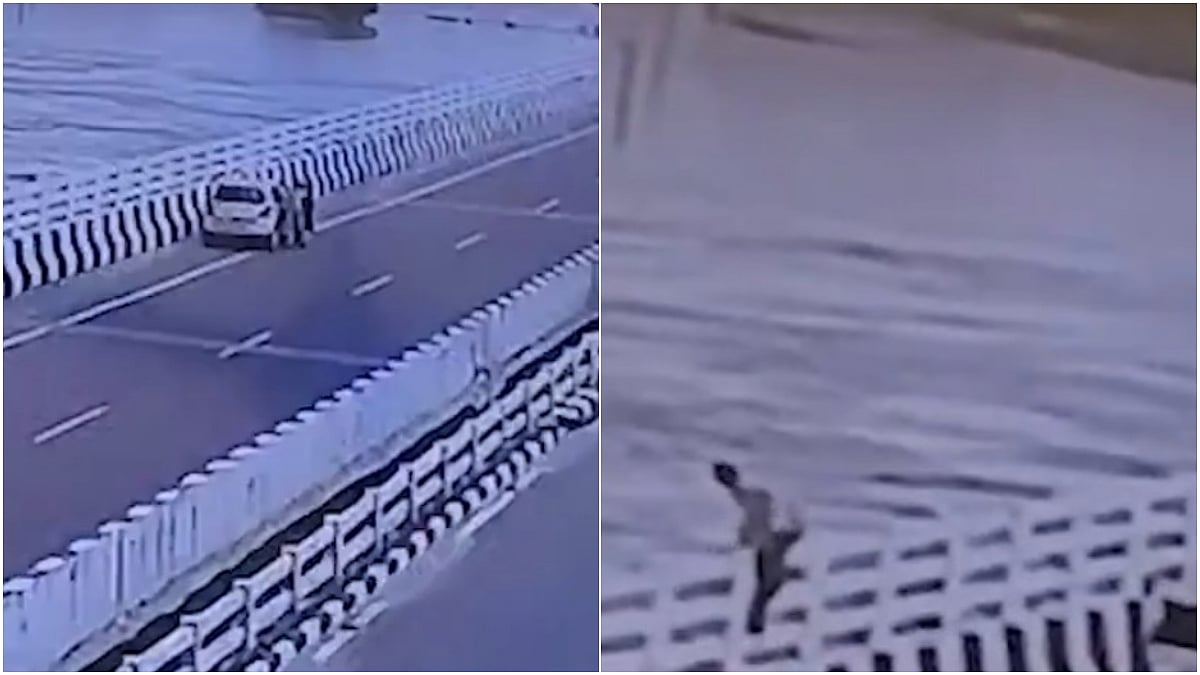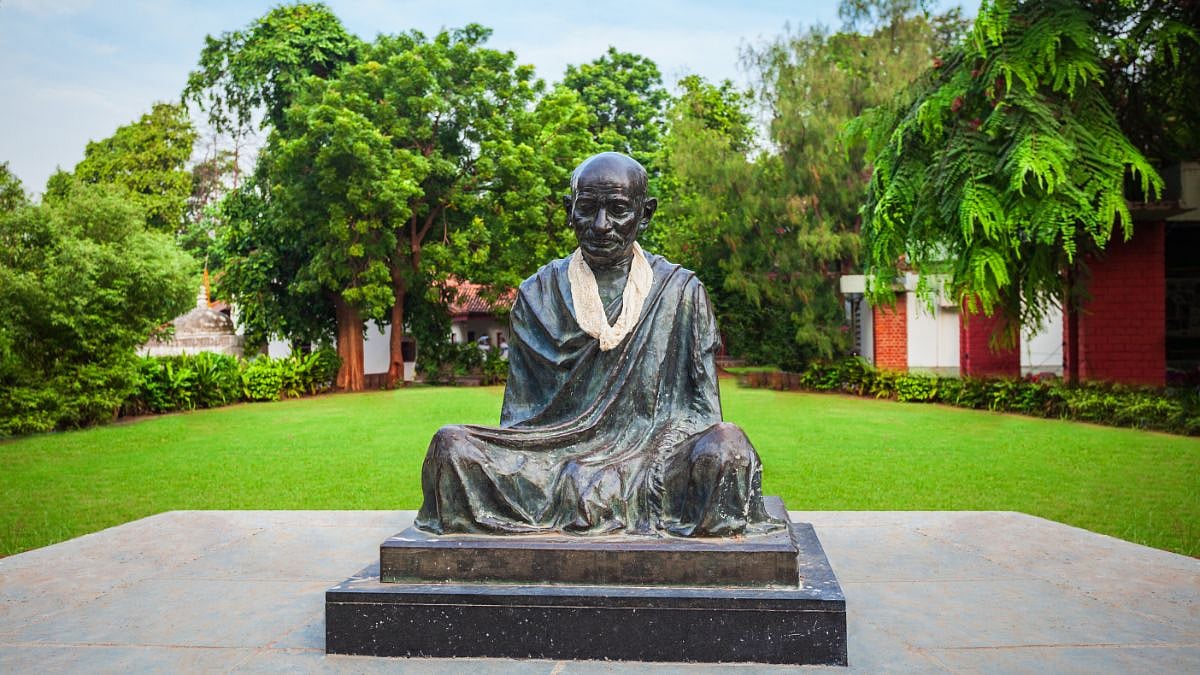The Bar Council of India (BCI) has received a representation from a lawyer based in Delhi expressing fundamental concerns about the recently introduced Rules for Registration and Regulation of Foreign Lawyers and Foreign Law Firms in India, 2022.
In a 7-page representation also sent to the Union Ministry of Law and Justice, advocate Pawan Prakash Pathak argues that the authority to recognise foreign degree qualifications does not solely lie with the BCI. Pathak suggests that the legislature, in consultation with the lawyers' body, should enact a law pertaining to this issue.
The representation highlights a fundamental flaw in the policy and calls for a thorough review, amendment, or complete redrafting of the policy after seeking input and consultation from the legal fraternity.
Pathak raises questions about whether the BCI maintains a roll of advocates who are directly registered with it, independent of the State Bar Councils. Additionally, concerns are raised about the BCI's jurisdiction over enrolling foreign advocates and law firms.
Citing the Rules as arbitrary, the representation argues that they create a subset within the advocate community, violating Article 14 of the Indian Constitution. It further contends that the BCI's rule-making power is limited to the disciplinary committee and related matters.
The representation points out that the BCI has not provided any criteria to determine the ratio of foreign lawyer registrations in comparison to Indian lawyers in non-litigation practice.
Regarding the mode of registration under Section 4(ix) of the Rules for foreign law firms/advocates, the representation argues that the BCI lacks the authority to investigate affidavits sworn in foreign lands or verify their authenticity, making this clause arbitrary.
Pathak also expresses concerns about Section 9(iii), which allows indirect entry into litigation matters through the appointment of Indian advocates. He suggests that this could pose a threat to Indian sovereignty as it may lead to increased control by foreign law firms through indirect channel entry into litigation.
The advocate requests the BCI to carefully consider the representation and provide a response within 15 days. Should the BCI fail to respond, Pathak indicates that he will pursue alternative legal avenues.

